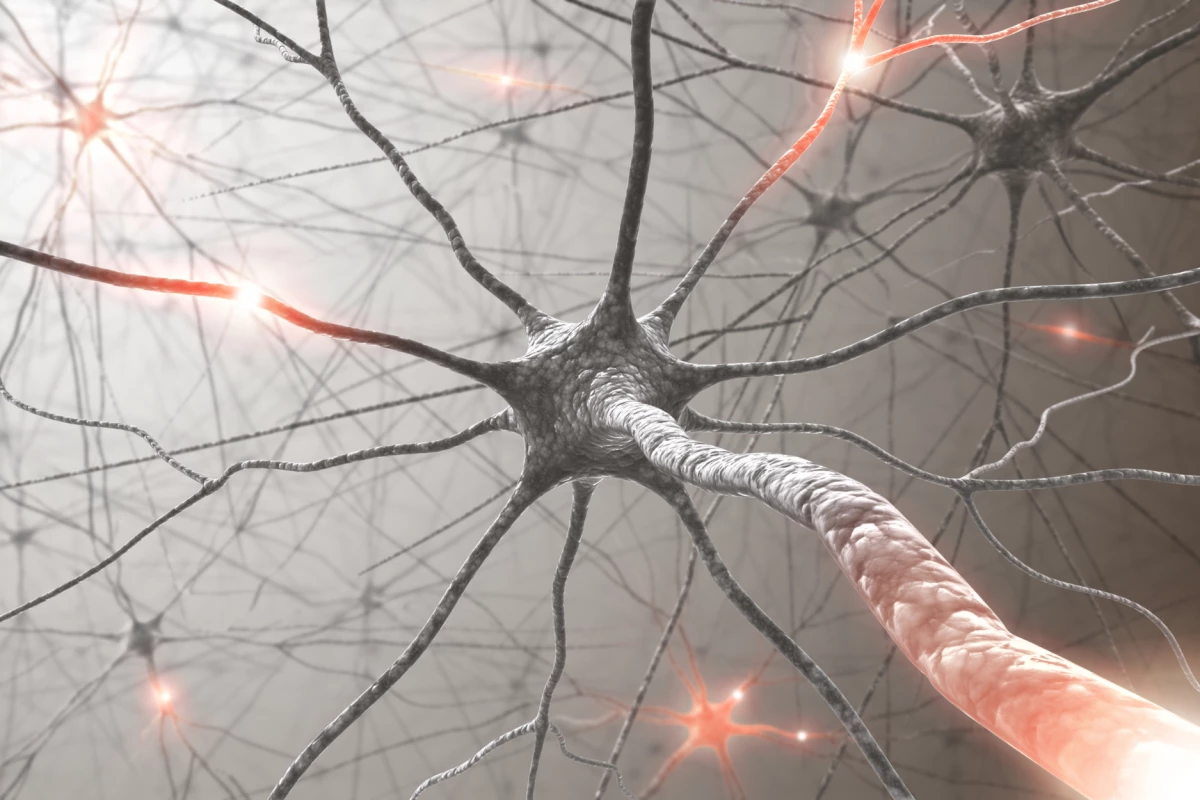New research, led by scientists from the University of Rochester, has homed in on a mechanism responsible for causing the cognitive impairment seen in patients who receive cranial radiotherapy for brain cancer. This new understanding is hoped to lead to the development of novel ways to protect the brain from damage in the course of receiving life-saving cancer treatment.
Nearly 25,000 people in the United States are diagnosed with brain tumors every year, and many will undergo radiotherapy as a vital part of the treatment process. Sadly, more than 80 percent of patients administered a form of treatment known as whole-brain radiation therapy go on to develop permanent signs of cognitive impairment.
Prior research has discovered radiation delivered to the brain in the course of a cancer treatment seems to activate a brain immune cell known as microglia. Overactive microglia can damage healthy brains by destroying the synapses that connect neurons.
The new research offers the most detailed insight to date into how radiation activates this process by conducting several rodent studies looking into exactly where microglia damage synapses. The researchers observed the radiation-triggered microglia destroying the immature dendritic spines that connect synapses with neurons.
“The brain undergoes a constant process of rewiring itself and cells in the immune system act like gardeners, carefully pruning the synapses that connect neurons,” explains Kerry O’Banion, senior author on the new study. “When exposed to radiation, these cells become overactive and destroy the nodes on nerve cells that allow them to form connections with their neighbors.”
But perhaps most importantly, the new study describes a way to potentially block this radiation-induced brain damage. The research reveals a receptor, called CR3, is vital to this process, and when that receptor is blocked, the radiation-triggered microglia seems unable to destroy these synaptic connections.
Interestingly, the study saw this enhanced microglial activity much more prominently in male mice. This suggests female mouse brains may have a greater ability to withstand radiation-induced microglial damage. A reasonable volume of prior research has verified a number of sex-specific microglial actions in rodent studies so the differences seen here between male and female animals is not unexpected or unprecedented, although it is unclear exactly how broadly transferable these observations are to human subjects.
The new research paves the way for the development of approaches that can hopefully prevent this kind of brain damage in humans receiving cancer treatments. Alongside a potential therapeutic agent that blocks the CR3 receptor in the course of a radiotherapy treatment, a more general approach could be to simply dampen a patient’s immune response during specific radiation sessions.
The new research was published in the journal Scientific Reports.
Source: University of Rochester




